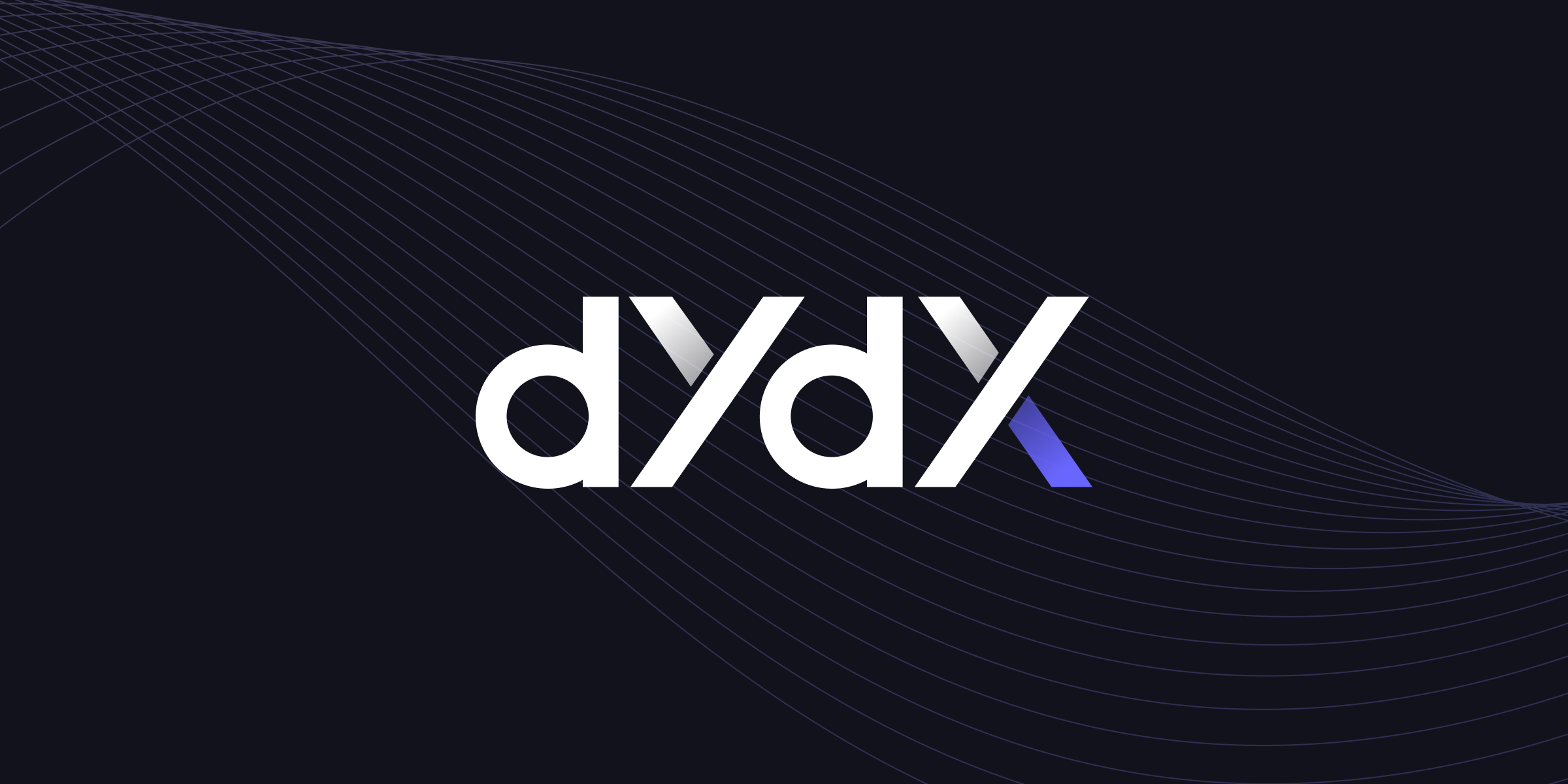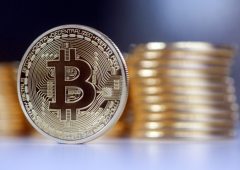dYdX Launches Buyback Program to Strengthen Token Value
24.03.2025 22:00 2 min. read Kosta Gushterov
dYdX, a well-known altcoin in the crypto space, has unveiled its inaugural buyback program for DYDX tokens.
Beginning immediately, the project will allocate 25% of its monthly net protocol fees towards purchasing DYDX tokens directly from the open market.
This move is part of dYdX’s strategy to solidify its long-term commitment to the ecosystem and enhance the stability and value of the token.
The program aims to build trust and support for the token by reducing supply in the market while reinforcing its role within the broader ecosystem.
By utilizing the funds for buybacks, dYdX also plans to stake the tokens acquired, contributing to greater network security.
The announcement had an immediate impact on the market, with the price of DYDX seeing a noticeable increase following the news.
The first-ever $DYDX Buyback Program is here 🚨
Starting today, 25% of dYdX net protocol fees will be used to buy back DYDX tokens from the open market every month—reinforcing long-term commitment to the ecosystem.
More products. More growth. More value. pic.twitter.com/1XsD1uyb34
— dYdX (@dYdX) March 24, 2025
What is Solaxy?
Solaxy ($SOLX) is revolutionizing blockchain technology by offering the first Layer-2 solution on Solana. This project significantly improves speed and reduces transaction fees, solving network congestion problems.
Solaxy’s advanced rollup architecture shows strong potential to optimize transaction speeds and reduce congestion-related inefficiencies on Solana. The project’s approach reduces congestion and ensures smooth execution, even during peak activity. For traders, this means faster and more reliable transactions, preventing failed swaps.
Beyond improving transaction efficiency, Solaxy is expanding interoperability between Solana and Ethereum. The $SOLX token functions as a multi-chain asset, allowing users to engage across both ecosystems. This provides access to Ethereum’s liquidity while benefiting from Solana’s speed and cost efficiency.
-
1
Pepe Price Prediction: One-Month Trend Line Resistance Breakout Could Push PEPE to $0.000015
04.07.2025 18:41 3 min. read -
2
Bonk Price Prediction: Binance.US Mention Triggers 9% Jump – Can BONK Reach $1?
07.07.2025 16:29 3 min. read -
3
Top 10 Trending Cryptocurrencies Today, According to CoinGecko
04.07.2025 15:31 3 min. read -
4
Second Largest Bank in Spain Rolls out in-app Bitcoin and Ethereum Trading
07.07.2025 15:30 2 min. read -
5
How Much Profit Would you Make if you Invested $3,000 in Shiba Inu One Year Ago?
09.07.2025 22:00 2 min. read
Crypto’s Top Narratives in Focus, According to AI
A fresh breakdown from CoinMarketCap’s AI-powered narrative tracker reveals the four most influential crypto trends currently shaping the market: BTCFi & DePIN, U.S. regulatory breakthroughs, AI agent economies, and real-world asset (RWA) tokenization.
Greed Holds as Market Momentum Builds: What is the Market Sentiment
The crypto market remains firmly in “Greed” territory, with CoinMarketCap’s Fear & Greed Index clocking in at 69/100 on July 19. Despite a modest 24-hour dip from 71, the index has now held above 60 for 11 consecutive days.
Top Trending Cryptos Right Now, According to CoinMarketCap
CoinMarketCap’s evolving momentum algorithm—powered by social, price, and news signals—has flagged three standout cryptocurrencies driving narrative and capital flows this week: OKZOO, Tagger, and Tezos.
Top 7 Crypto Project Updates This Week
The crypto industry saw major advancements this past week across DeFi, NFT, Layer 2, and AI-powered platforms.
-
1
Pepe Price Prediction: One-Month Trend Line Resistance Breakout Could Push PEPE to $0.000015
04.07.2025 18:41 3 min. read -
2
Bonk Price Prediction: Binance.US Mention Triggers 9% Jump – Can BONK Reach $1?
07.07.2025 16:29 3 min. read -
3
Top 10 Trending Cryptocurrencies Today, According to CoinGecko
04.07.2025 15:31 3 min. read -
4
Second Largest Bank in Spain Rolls out in-app Bitcoin and Ethereum Trading
07.07.2025 15:30 2 min. read -
5
How Much Profit Would you Make if you Invested $3,000 in Shiba Inu One Year Ago?
09.07.2025 22:00 2 min. read


